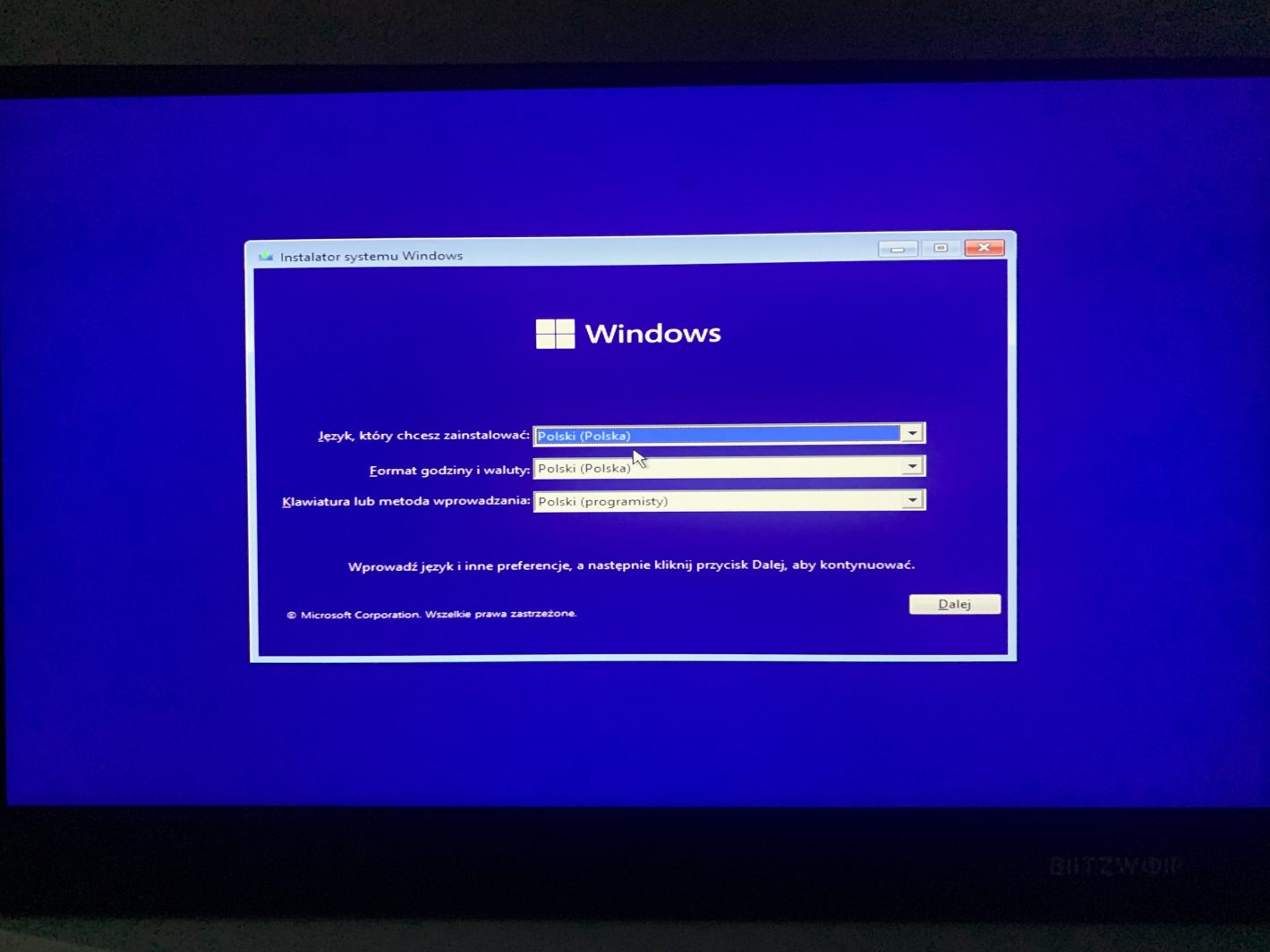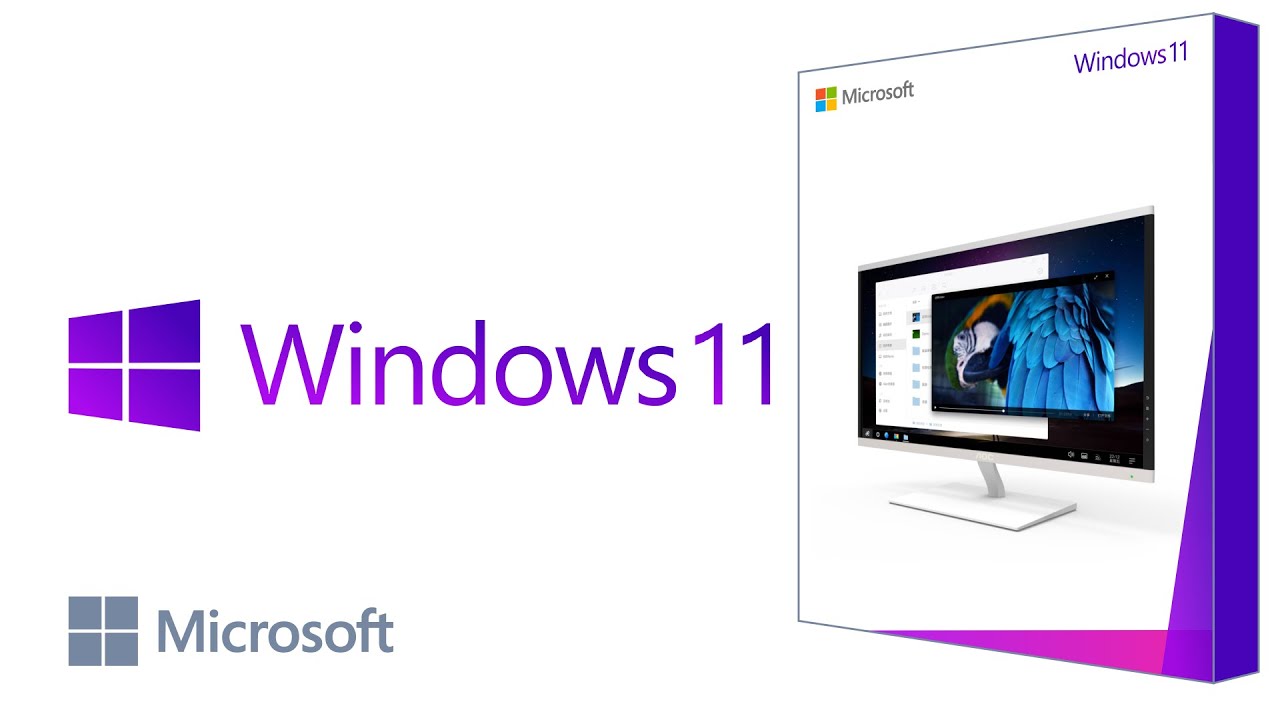


From writing malware to composing music, people have been keeping OpenAI’s chatbot busy, and we wouldn’t be surprised if more key-generation attempts come to light after this latest escapade. Still, it’s an indication of just what ChatGPT can do if you get a bit creative with your prompts. While this application of ChatGPT is sure to raise a few eyebrows, it would be much harder to pull off for more recent Windows versions given the increased complexity of their keys. Interestingly, the only thing stopping ChatGPT from creating a greater number of usable keys was its faulty math ability. After a few refinements to the request from Enderman, the chatbot was able to provide 30 sets of registration keys for Windows 95, of which at least a handful were valid. That required some basic math, but not much else.īecause this request was not an obvious attempt to create a registration key and do something illegal, ChatGPT had no problem complying.

Once they knew the format Windows 95 uses to generate keys, they simply asked ChatGPT to give them a set of text and number strings that matched the rules used in Windows 95 keys. Still, fooling ChatGPT into generating the keys appears to have been pretty straightforward for Enderman. Procesador: mínimo 1Ghz de frecuencia de reloj con al menos dos núcleos en un chip de 64-bits. PDE occurs in addition to other encryption methods such as BitLocker. Intel, AMD y otros ya están trabajando en la compatibilidad con Windows 11, asegurándose de que los procesadores y las tarjetas gráficas sean compatibles tan pronto como se lance la actualización el 5 de octubre. PDE differs from BitLocker in that it encrypts individual files instead of whole volumes and disks. Surprisingly easy to do Hatice Baran / Unsplash Personal data encryption (PDE) is a security feature introduced in Windows 11, version 22H2 that provides additional encryption features to Windows.


 0 kommentar(er)
0 kommentar(er)
